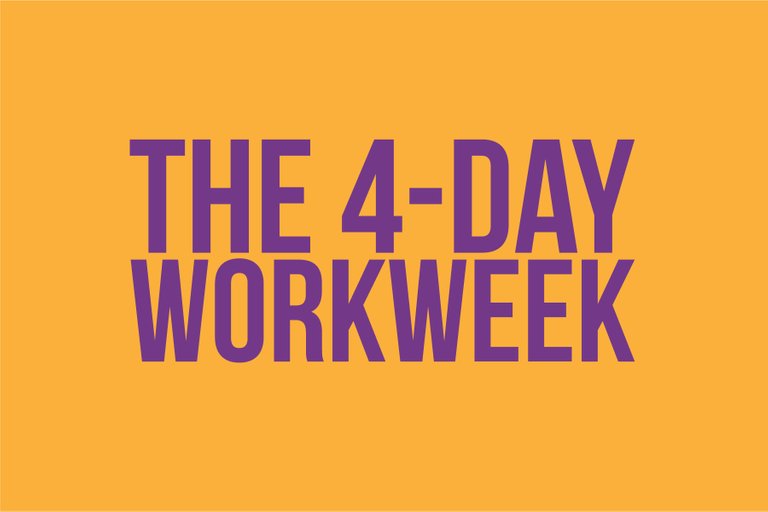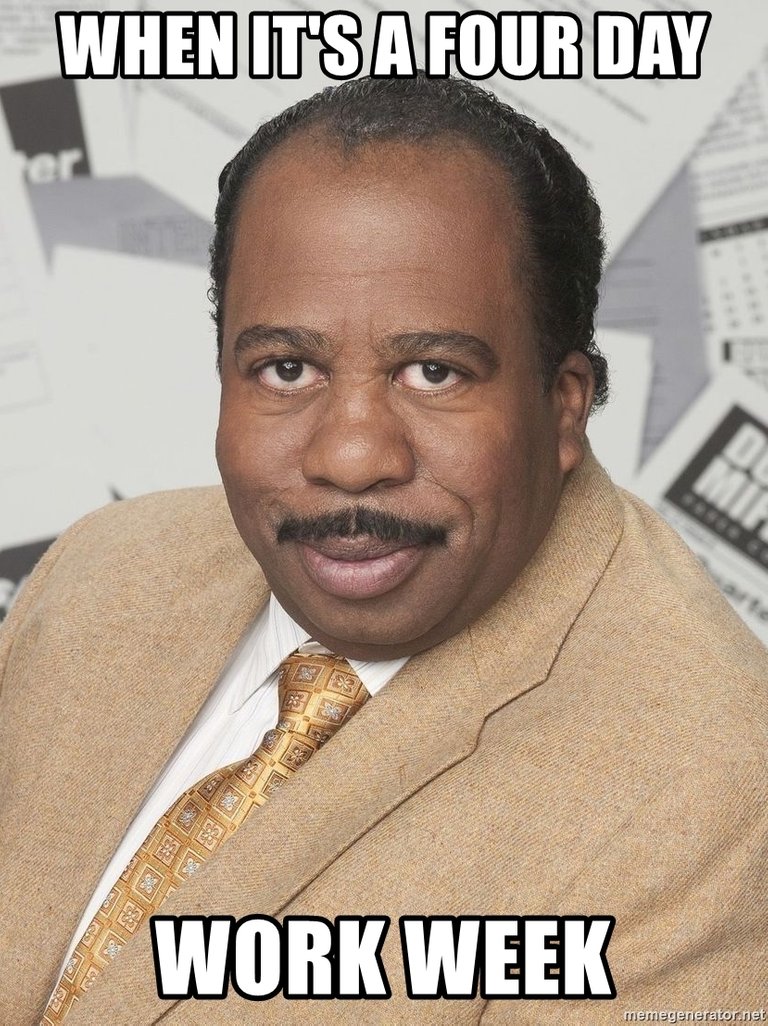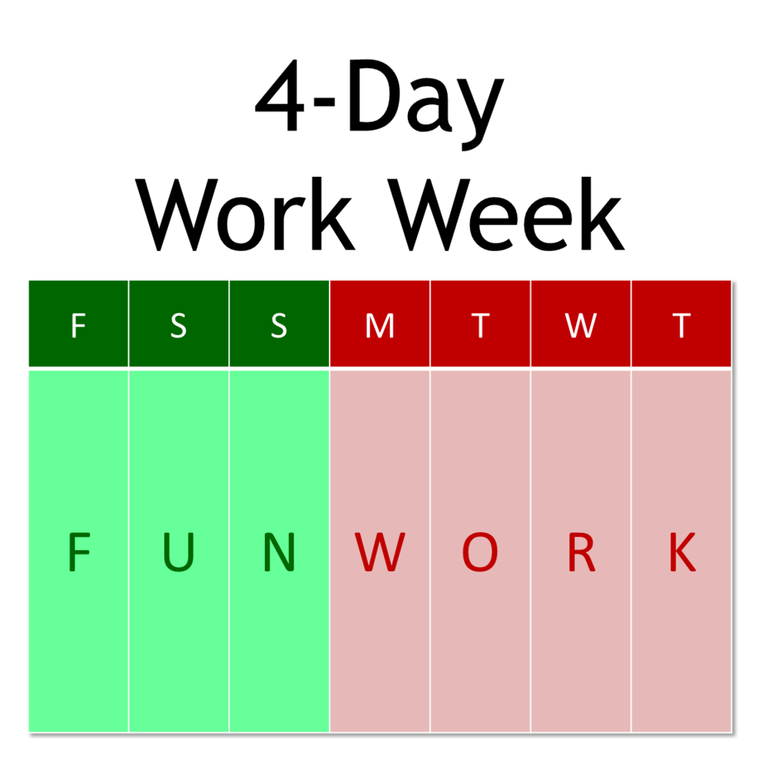 New Zealand based company tested for four day work in a week and found very successful.
New Zealand based company tested for four day work in a week and found very successful.
Never-ending Guardian, which enables clients to deal with their wills and bequests, discharged the consequences of its two-month preliminary this week. The organization said its representatives all detailed more prominent profitability, better work-life adjust and bring down feelings of anxiety from working one less day seven days.
 The workers — more than 240 of them — were as yet paid for five days seven days amid the investigation, which kept running from the earliest starting point of March to the finish of April. The preliminary was directed by outside scientists.
The workers — more than 240 of them — were as yet paid for five days seven days amid the investigation, which kept running from the earliest starting point of March to the finish of April. The preliminary was directed by outside scientists.
"It was only a hypothesis, something I thought I needed to attempt since I needed to make a superior situation for my group," Perpetual Guardian CEO Andrew Barnes told CNN. "I'm lowered that my group has reacted, and they went beyond anything I could ever imagine."
In an overview taken toward the end of last year, just 54% of respondents said they felt ready to deal with their work-life adjust. After the preliminary, that number bounced to 78%. Staff feelings of anxiety likewise diminished by around 7%, while measurements used to gauge group commitment ascended around 20% by and large.
The way to the analysis' prosperity was the staff input, said Jarrod Haar of the Auckland University of Technology, one of the specialists who directed the examination.
"They were given the flexibility to overhaul things," Haar said. The examination could be a model for different work environments and turn into "a progressive method to work," he included.
Barnes said representatives turned out to be more gainful, investing less energy in web-based social networking or non-work action. One worker even told the CEO that he prevented taking a gander at messages from his better half around a continuous condo seek amid work hours.
"Why am I not paying in view of yield?" Barnes said. "Why am I paying for quite a long time in the workplace?"
 Representatives offered different thoughts on estimating profitability, such as having little banners to put on their work areas when they would not like to be bothered.
Representatives offered different thoughts on estimating profitability, such as having little banners to put on their work areas when they would not like to be bothered.
The trial is especially critical in New Zealand, which has low work profitability contrasted with different nations, as per the Organization for Economic Co-task and Development.
Barnes has prescribed to his organization's board that a four-day work week be made changeless, and says it could fill in for instance for different firms the world over.
"What happens is you get a persuaded, invigorated, empowered, steadfast work drive," he said. "I have wound up with insights that demonstrate my staff are furiously pleased with the organization they work for in light of the fact that it cares the slightest bit."
Great post! I just followed you and upvoted you! Follow me back @relsserd.
done